“Renewable liquid fuels can solve Labour’s growing decarbonisation challenge”
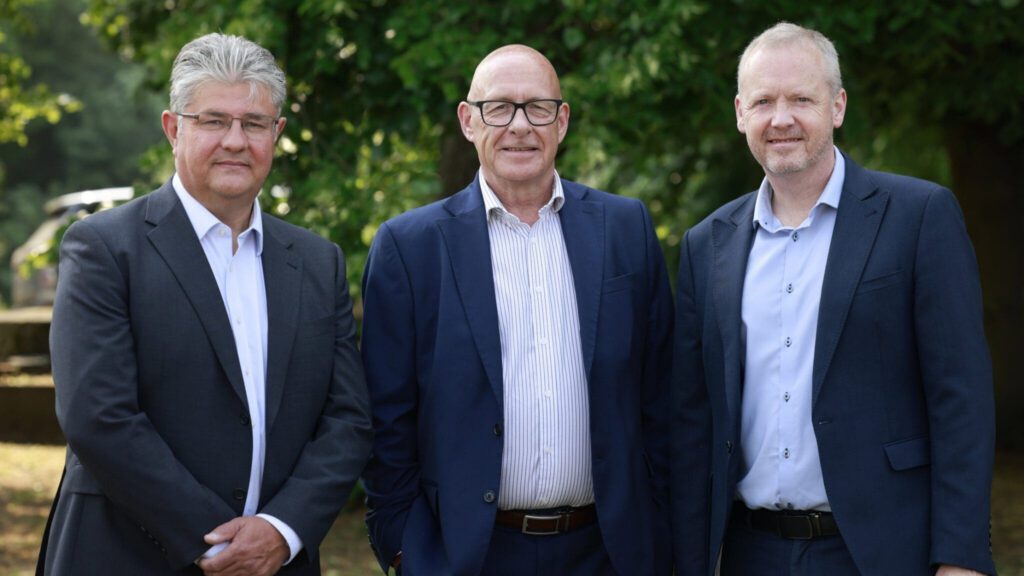
OFTEC Conference 2025 The liquid fuel heating industry is primed and ready to roll out its renewable solution for off-grid homes, amid growing recognition in the Labour government of the challenges they face in transitioning rural homes onto low carbon heating under their existing policy plans. That was the message from OFTEC’s 2025 Conference, held in Tewkesbury, which saw leaders across the heating industry gather to continue their ongoing collaboration to provide affordable and practical low carbon heating solutions for the UK’s off-grid households. OFTEC chairman Martin Cooke opened the conference, recognising another year of continued innovation and investment across the liquid fuel heating sector to prepare for a rollout of renewable liquid fuels. Martin also confirmed Neil Sawers, Commercial Technical Manager at Grant Engineering UK, as the new OFTEC chairman for the next two years. Growing interest from government The first speaker at the event was OFTEC CEO Paul Rose who provided a summary of the current off-grid landscape. He highlighted the high costs both government and consumers would face under Labour’s existing electrification plans for rural homes. Paul also shared details of OFTEC’s recent positive meetings with the government, including Minister Miatta Fahnbulleh, ahead of the publication of the Warm Homes Plan expected later this year, and the growing interest in renewable liquid fuels as an alternative solution. Neil Sawers, Commercial Technical Manager at Grant Engineering UK, then shared further details of the potential role of hybrid systems, incorporating both renewable liquid fuels and heat pumps, to provide a flexible solution for harder to treat homes. Neil was followed by Wayne Timperley, Regulatory Specialist at Local Authority Building Control (LABC), who spoke about compliance with Building Regulations and the high standards set across the industry to provide reassurance for consumers. Also speaking at the conference was Jonathan Kane, CEO of Kane International. He outlined the investment and development of new analysers for installers when testing combustion appliances. In particular, the focus on enhanced sensors for identifying carbon monoxide leaks which can potentially lead to significant or even fatal health problems. Despite the advancement in AI and automated systems, Jonathan discussed how the role of an installer visiting a property would remain crucial in the years ahead. The rural challenge Concluding the conference, Malcolm Farrow, head of public affairs at OFTEC, set out the political challenges facing the government. In particular, new Labour MPs representing rural seats campaigning for their constituents to have fairer heating choices. It follows recent controversies over changes to the winter fuel payments and growing pressure on the government to ensure rural communities are not overlooked in the net zero transition. Malcolm also spoke about the Future Ready Fuel campaign which, in just one week, saw over 150 rural households download a letter to write to Minister Miatta Fahnbulleh, calling for the government to formally support renewable liquid fuels. A case for optimism Following the conference, OFTEC CEO Paul Rose commented: “As we approach the one year mark of this new Labour government, the liquid fuel heating sector has every reason to be optimistic. Whilst the government remains committed to electrification, which we support for suitable homes, there is a growing recognition that alternative solutions are needed for the hardest to treat properties, which includes many oil heated homes. “We welcome the recent positive engagements with the government and the genuine interest in exploring other approaches. We were pleased to see at our conference all parts of our industry, from manufacturers, installers, training providers to fuel distributors come together with a shared ambition to both deliver net zero and provide practical and affordable solutions for off-grid households who want to adopt low carbon alternatives. “We’re making good progress and we have everything lined up, ready to rollout renewable liquid fuels. We will continue to work positively with the government on this ambition.” Images provided by OFTEC
Industry urges Government on rural decarbonisation strategy as customer cost concerns grow
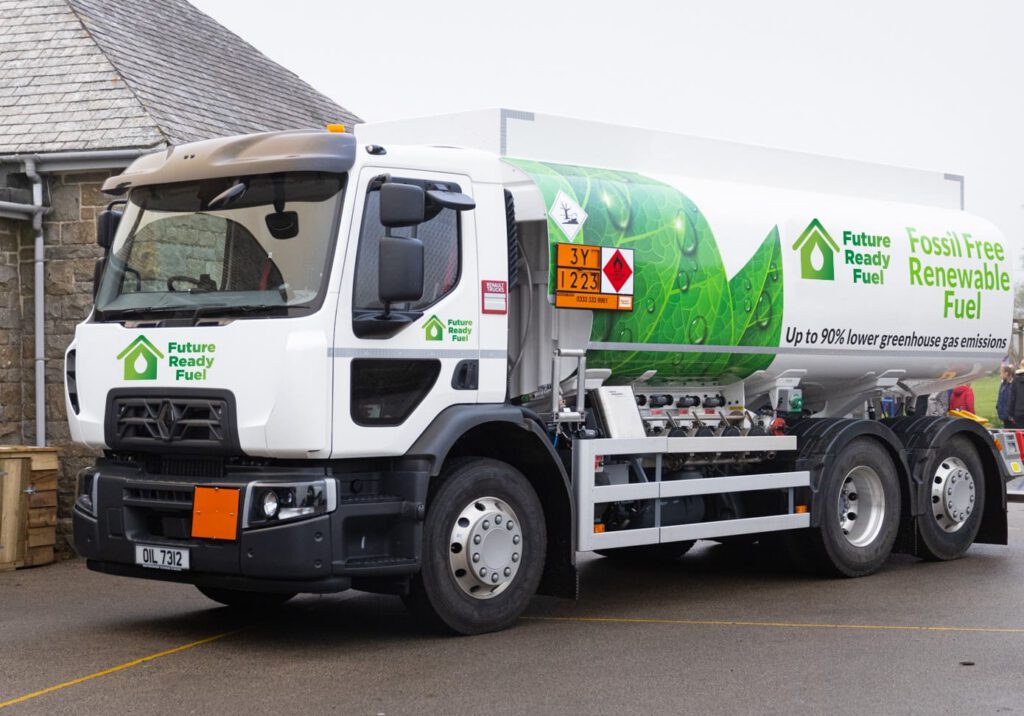
Ahead of publication of the government’s long-awaited Warm Homes Plan, the liquid fuel heating industry has called for the adoption of five key recommendations that will ensure a successful transition for the complex rural off-gas grid sector. As a new survey of off-gas grid consumers reveals increasing concerns over the cost of transitioning to low carbon heating, the government is being urged to set out a clear road map for decarbonising rural households, The survey of 1,364 households that use oil heating, conducted by trade associations OFTEC and UKIFDA, revealed 60% of respondents are more worried about the costs of switching to low carbon heating systems than they were three years ago. The results have been shared ahead of the government’s expected publication of its Warm Homes Plan which will outline Labour’s policy programme to deliver the UK’s net zero targets. There are an estimated 1.7 million oil households in the UK who could be affected. The survey also revealed: Trade associations OFTEC and UKIFDA have written to Miatta Fahnbulleh, the minister responsible for the Warm Homes Plan, outlining five key recommendations to successfully deliver off-grid decarbonisation for rural homes as part of its strategy. Industry’s 5 recommendations Successful decarbonisation strategy Paul Rose, CEO of OFTEC, and Ken Cronin, CEO of UKIFDA, said: “Decarbonising the UK’s 1.7 million oil heated homes is a complex challenge as they face unique barriers due to their age, construction and rural location. Government policy must therefore focus on desired outcomes rather than mandating a single technology, such as electrification, which in many cases isn’t practical or affordable. Not to mention the significant shortage of installers. “A genuine technology neutral strategy would give households real choice and unlock a wider mix of cost effective and practical low carbon options. This includes renewable liquid fuels which have already been successfully demonstrated in around 150 off-grid buildings. “Whilst we all share the ambition to drive down our carbon emissions, in this even more challenging economic environment post April, both the government and households need to pull every lever and focus on affordable and practical low carbon solutions. Many rural businesses also rely on oil heating and would benefit from a wider choice of options. “We will continue to work positively with the government and wider industry to deliver successful decarbonisation across the off-grid sector.” Image provided by OFTEC.
Free OFTEC webinars support technicians navigating industry transition

The exclusive webinars are available for free and cover a range of essential topics.
“Let’s shift our focus to our customers” – industry reactions to the new government
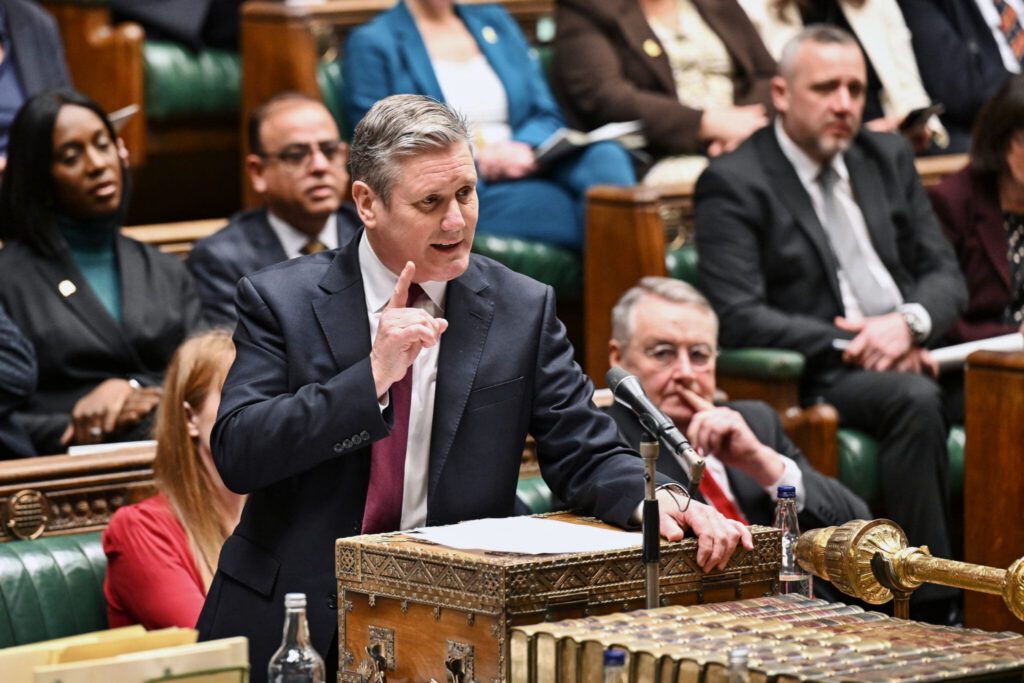
Industry bodies are committed to working with government to deliver on decarbonisation pledges.
Graham Parkes appointed Commercial Director for Navien UK

Key appointment supports ambitious growth plans.
An industry ready and waiting to rollout renewable liquid fuels
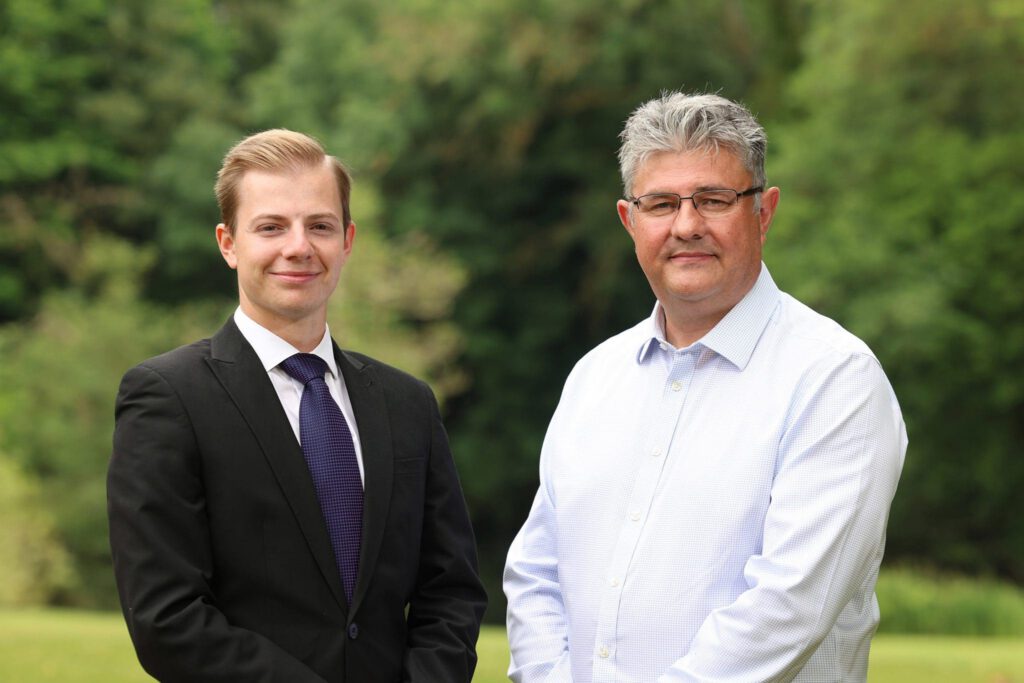
The industry is ready to decarbonise home heating now, concludes the annual OFTEC conference.
Meeting today’s energy needs while planning for tomorrow

A look at the challenge of balancing the needs for a lower carbon future with the needs of today.
Switch your customers to a greener future with Warmflow Agentis boilers and HVO fuel
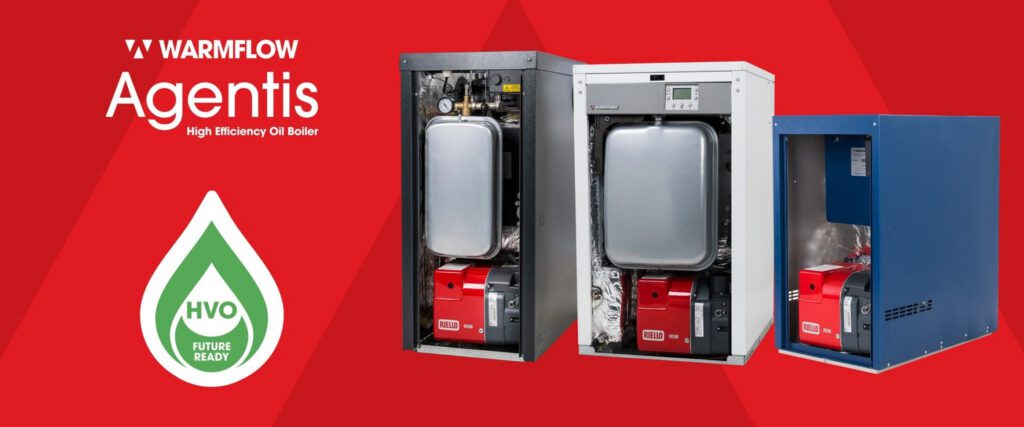
Heating engineers can help oil-fired customers make a simple switch to a low carbon liquid fuel.
Danfoss expands proven range with launch of 100% biofuel-ready pump

Danfoss releases a new Bio100 pump extending its range of future ready products
